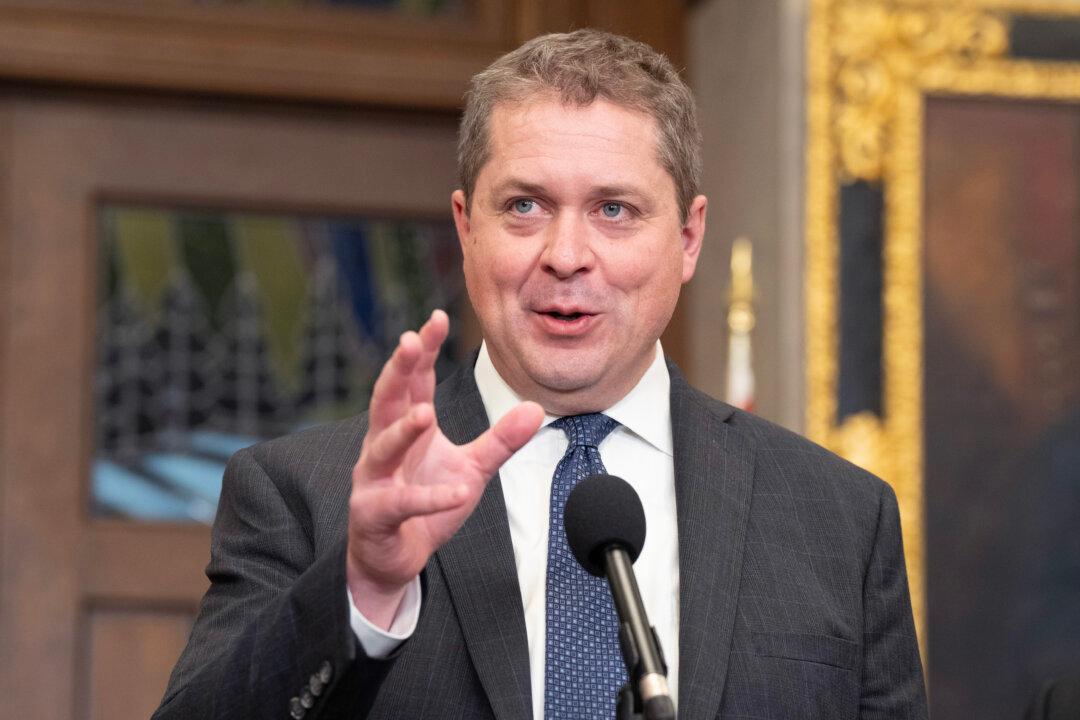Conservative Leader Pierre Poilievre said his government would establish a new office to speed up regulatory approvals, enabling the swift authorization of 10 resource projects that have faced delays for years.
Poilievre made the announcement during an April 7 press conference in Terrace, B.C., saying a Tory government would establish a Rapid Resource Project Office to deal with all regulatory approvals, so that businesses would not need to “waste time navigating through dozens of different agencies at three different levels of government."





